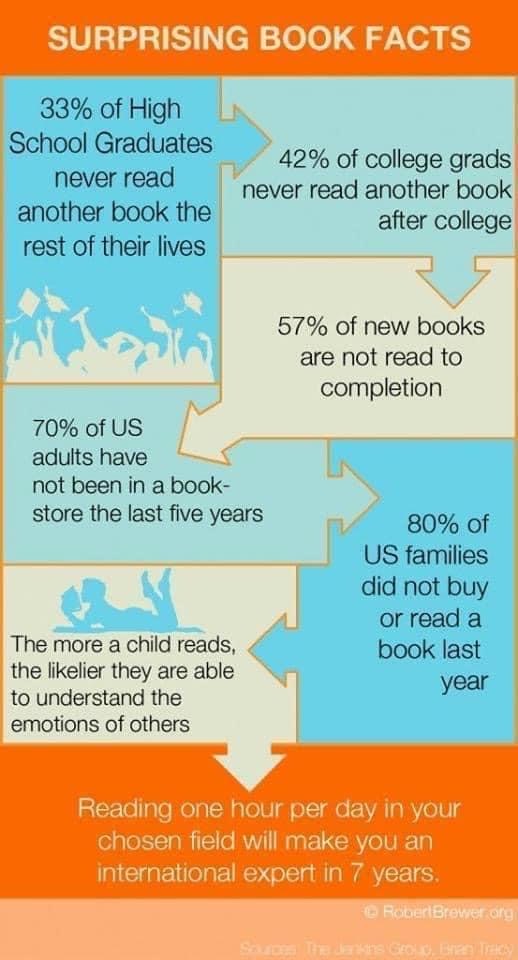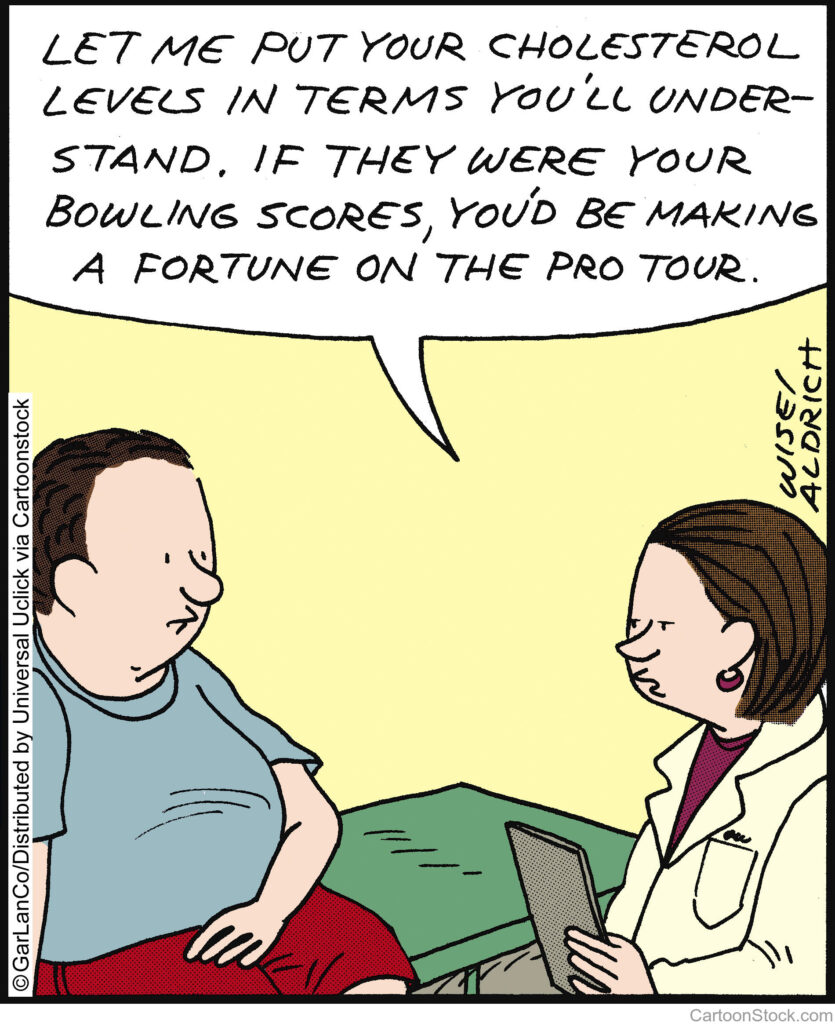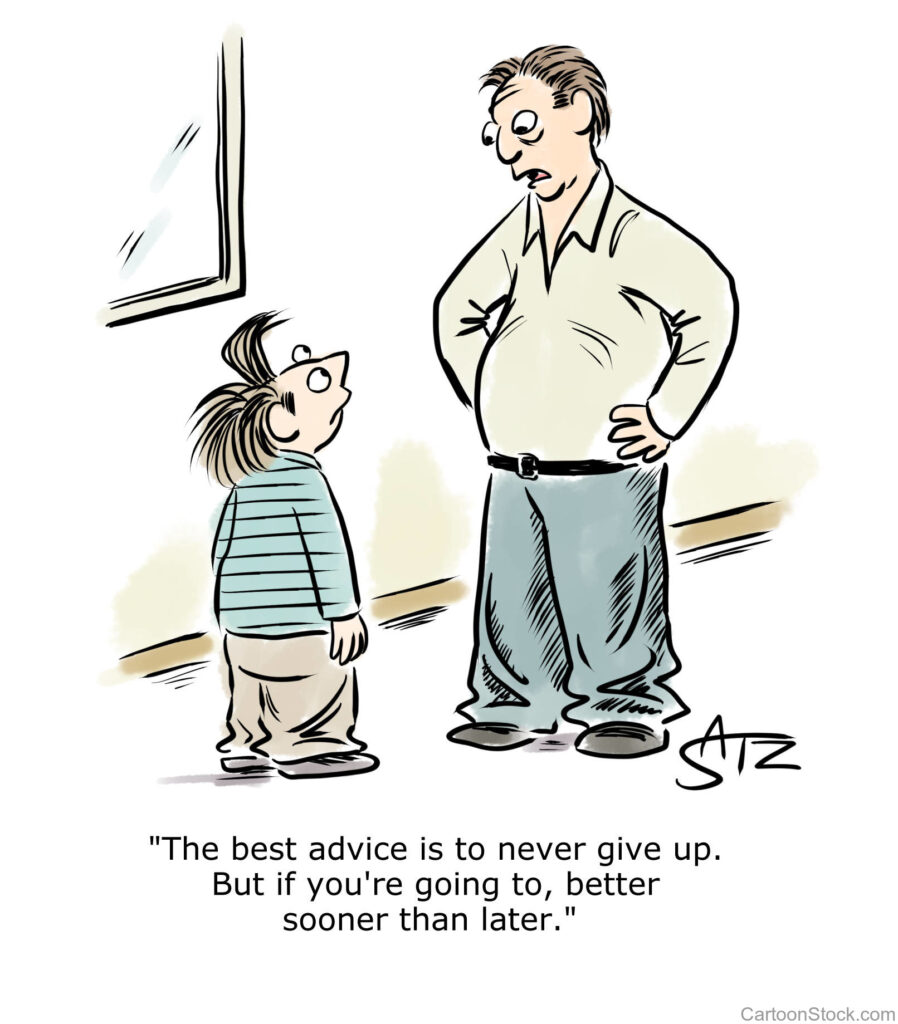
A particular phrase from Winston Churchill’s iconic speech to the British Empire during WW2 is well-known and oft-quoted: “Never give in, never, never, never, never.” Most of us are not familiar with the rest of the sentence: “except to convictions of honor and good sense.”
Grit, tenacity, determination, perseverance…these traits have been lionized as foundational and unquestionably beneficial. We’re taught from an early age to “stick with it and don’t give up.”
But often the best thing to do is to quit. So let’s add “the willingness to jettison” as a necessary and honorable character trait.
For instance:
- A Gallup poll found that 85 percent of workers were either “not engaged” with their work or “actively disengaged.” Why do these employees continue in a job they obviously don’t enjoy?
- Many college students declare a major before their freshman year. Halfway through their degree they realize that they don’t enjoy the subject and/or they’re not particularly good at it. But many persevere until they graduate and some even feel compelled to start their career in that field, often committing themselves to years of career-unhappiness.
- An entrepreneur will start a company that struggles for years, never getting traction or becoming profitable. But she won’t pull the plug.
- A company will produce a product or service that fails from the start, but tenaciously and hopelessly hold onto it.
I think there are two reasons we fall prey to this dilemma.
One, we yield to the sunk lost fallacy. Having invested time or money into something, we are hesitant to quit it because that would mean we would have wasted all that time and money (although they’re already lost). Often, the more we have invested and lost, the longer we persist in thinking it will work out.
Two, we were taught from an early age to never give up and to not renege on a promise or commitment. But sometimes the smartest and best thing to do is to stop in midstream and pursue something different. American computer scientist Paul Graham says, “We’ve all heard the theme of ‘don’t give up on your dreams.’ I know what that means, but this is a bad way to put it, because it implies you’re supposed to be bound by some plan you made early on. The computer world has a name for this: premature optimization. So instead of working back from a goal, work forward from promising situations. This is what most successful people actually do anyway. Instead of plan-and-implement, adopt a test-and-learn model.”
As comedian W. C. Fields said, “If at first you don’t succeed, try, try again. Then quit. There’s no use being a damn fool about it.”


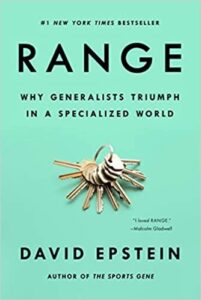
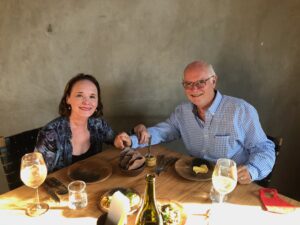 Oaxaca, Mexico is the culinary capitol of Mexico. Mary and I spent four days there, feasting at many excellent restaurants. The meals, Colonial architecture, pre-Hispanic ruins, and local artisans make this a destination I want to take my friends to.
Oaxaca, Mexico is the culinary capitol of Mexico. Mary and I spent four days there, feasting at many excellent restaurants. The meals, Colonial architecture, pre-Hispanic ruins, and local artisans make this a destination I want to take my friends to. Three years ago I planted a small vineyard. On July 17, 2020, I harvested 123 pounds of Blanc Du Bois grapes at Brix 18, specific gravity – 1.085, PH – 3.2, TA – .75. I raised the Brix to 20 by adding 381 grams of sugar. I used .176 Premier Classique Montrachet yeast. The wine was bottled on September 18, 2020.
Three years ago I planted a small vineyard. On July 17, 2020, I harvested 123 pounds of Blanc Du Bois grapes at Brix 18, specific gravity – 1.085, PH – 3.2, TA – .75. I raised the Brix to 20 by adding 381 grams of sugar. I used .176 Premier Classique Montrachet yeast. The wine was bottled on September 18, 2020. Every two years Chuck and Cynthia Swindoll lead a tour to Israel. It is an incomparable experience. I am blessed to lead worship on these trips. We went in March of this year, returning to the U.S. just 24 hours before international travel was shut down. Chuck’s next trip to
Every two years Chuck and Cynthia Swindoll lead a tour to Israel. It is an incomparable experience. I am blessed to lead worship on these trips. We went in March of this year, returning to the U.S. just 24 hours before international travel was shut down. Chuck’s next trip to 

 This December, adhering to COVID safety protocols, my church split our choirs and orchestra into smaller ensembles, so we had multiple Christmas concerts this year. The musicians rose to the challenge.
This December, adhering to COVID safety protocols, my church split our choirs and orchestra into smaller ensembles, so we had multiple Christmas concerts this year. The musicians rose to the challenge. 


